Radiofrequency coil for routine ultra‐high‐field imaging with an unobstructed visual field
NMR in Biomedicine , December 11, 2020This study presents a 7 T head coil, with eight transmit dipoles and 32 receive loops, that is designed to remove visual obstructions from the subject's line of sight, allowing for an unencumbered view of visual stimuli, the reduction of anxiety induced from small enclosures, and the potential for eye‐tracking measurements.
Even a mild contact in sport can have impacts on the brain, study finds
June 19, 2020
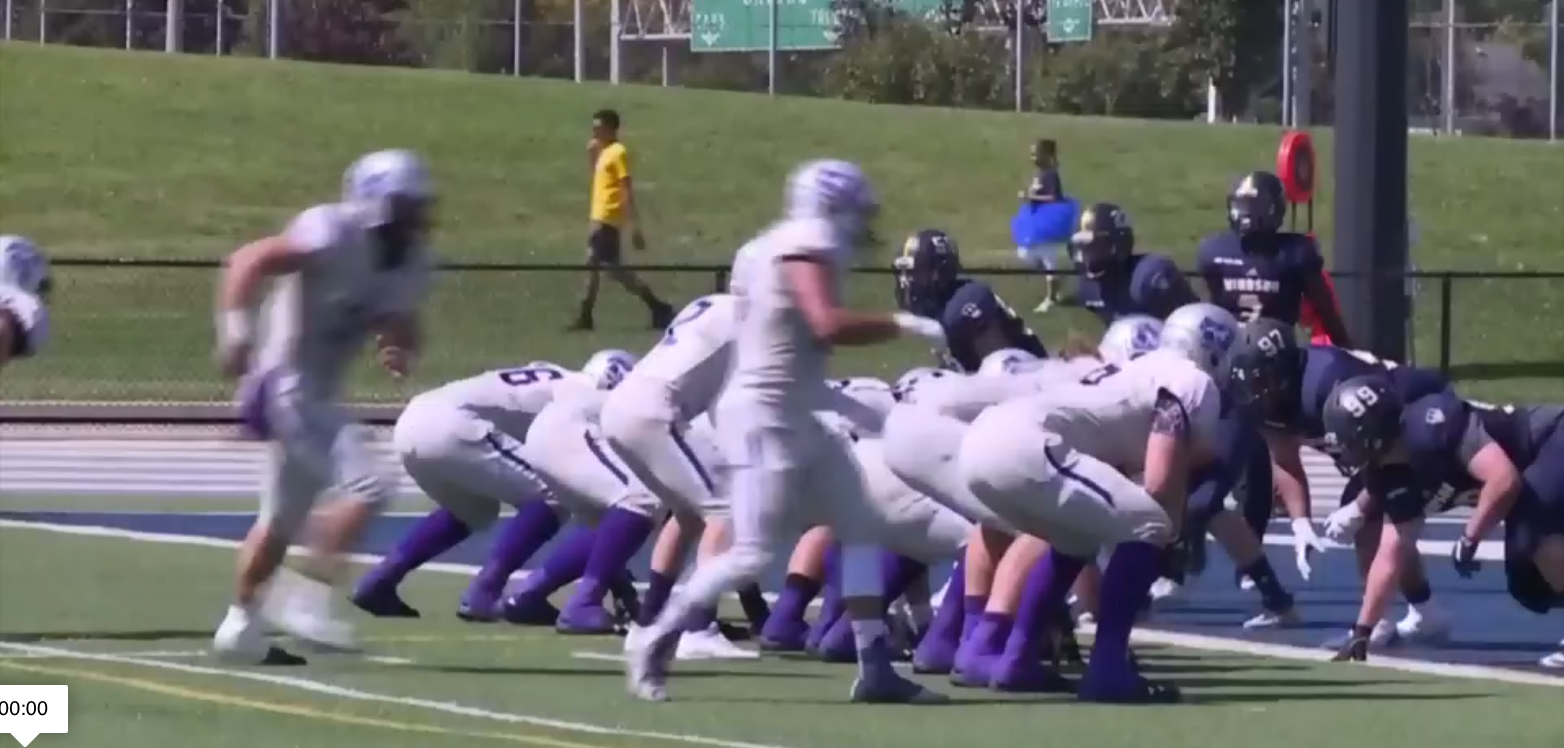
When you think of the risks contact sports could have on the brain, the first thought is concussions. Although, yes, concussions can have life-long impacts, what about athletes who play contact sports but don’t ever sustain a concussion? “As far as a neurologist or a sports medicine doc, looking at these people, they seem perfectly normal," says Ravi Menon, a professor at the Schulich School of Medicine and Dentistry.
Altered Resting-State Functional Connectivity Between Awake and Isoflurane Anesthetized Marmosets
By
Yuki Hori , June 18, 2020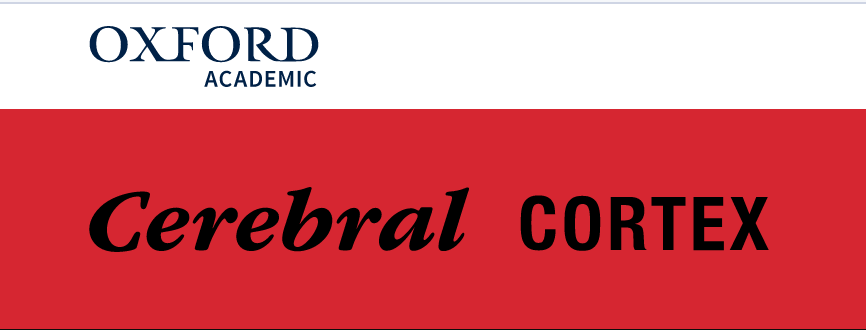
The common marmoset (Callithrix jacchus) is a New World primate that is becoming increasingly popular as a preclinical model. To assess functional connectivity (FC) across the marmoset brain, resting-state functional MRI (RS-fMRI) is often performed under isoflurane anesthesia to avoid the effects of motion, physiological stress, and training requirements.
Concussion study at Western University finds minor, repetitive hits change brains
June 17, 2020
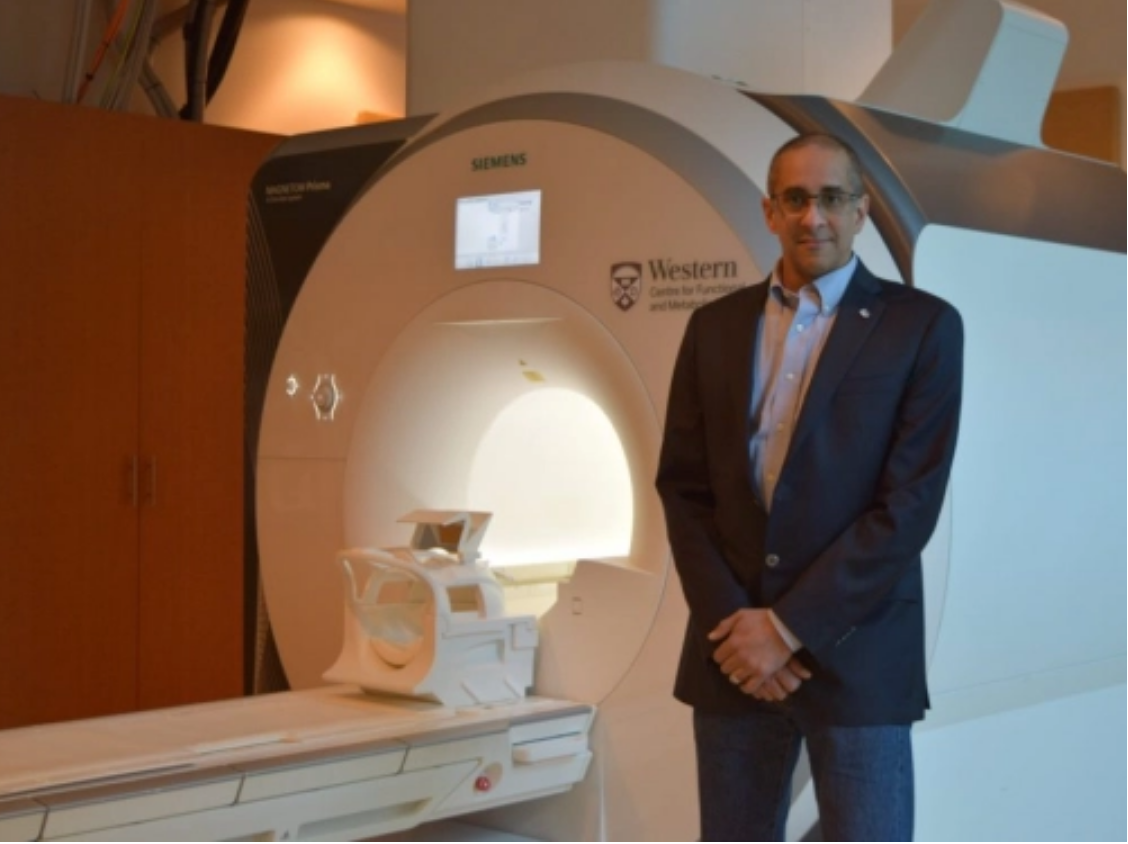
It isn’t just major concussive blows but a series minor hits that can cause changes in athletes’ brains, a new study by Western University researchers says. Even mild, repetitive hits to the head can cause subtle changes to the brains of otherwise healthy, symptom-free athletes, researchers say in a new study published online in the medical journal of the American Academy of Neurology.
Longitudinal changes of brain microstructure and function in nonconcussed female rugby players
Green Journal , June 16, 2020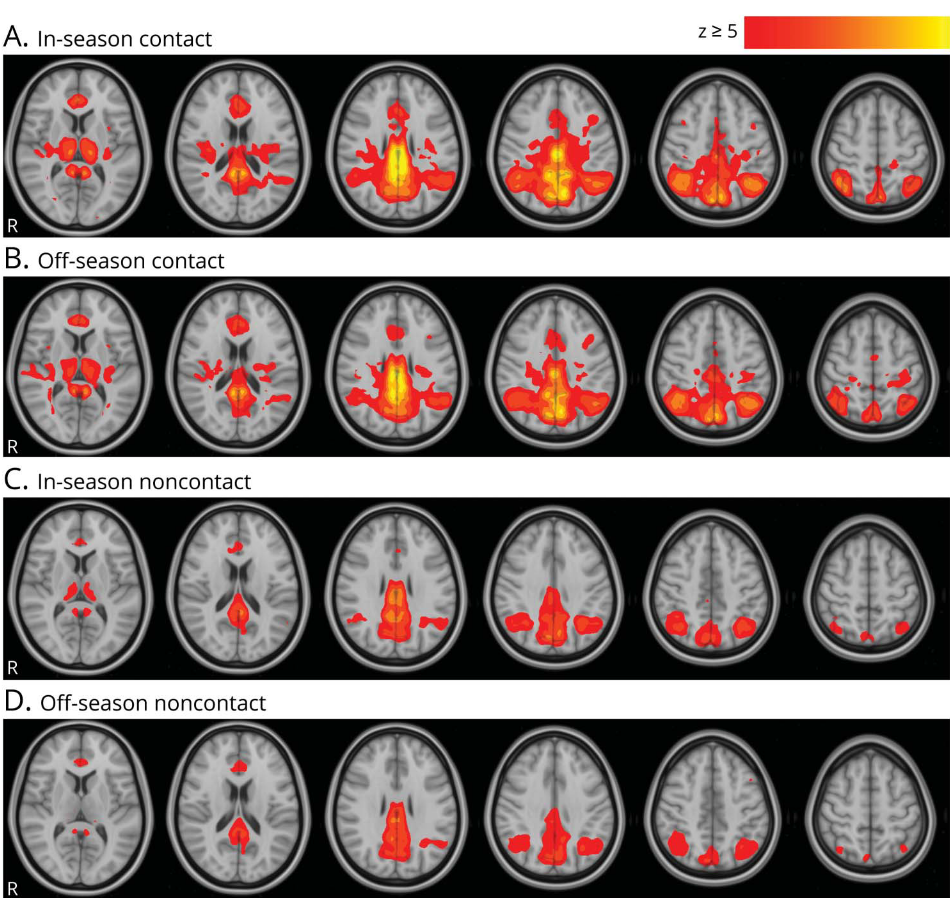
Our objective was to longitudinally assess brain microstructure and function in female varsity athletes participating in contact and noncontact sports.
COVID-19 Research Recovery - June 01
June 02, 2020
As the university and individual faculties roll out their Back to Work plans, I wanted to update everyone on the operational status of the CFMM Imaging Core and procedural guidelines as we move through the various phases of research recovery. During the past several weeks, while in Phase 1, the CFMM has been working at both the faculty and institutional level to ensure that research operations may resume safely and efficiently in the upcoming weeks/months.
COVID-19 update March 19th
March 19, 2020
I wanted to take the opportunity to reach out and update everyone on the CFMM’s response to the COVID-19 situation. Regarding the most recent recommendations by Lawson and Western along with the office of the VPR concerning research activities, the CFMM has moved to a required service model and has ramped down (stopped) all non-essential research. At this time we feel that we cannot assure the safety of our volunteers, colleagues and staff as social distances cannot be maintained in the MRI environment.
COVID-19 update
March 13, 2020
I wanted to take the opportunity to reach out and update everyone on the CFMM’s response to the COVID-19 situation. Over the past several weeks our staff have put in place precautionary measures to minimize the risk of transmission by ensuring surfaces of the MRI equipment and peripheral devices are cleaned and sanitized between subject use.
Researcher Profile: David Schaeffer
February 11, 2020

As our first researcher profile we have chosen David Schaeffer. David is a research scientist working with Stefan Everling and Ravi Menons labs. he has gotten in involved the CFMM community and we are proud of all he has accomplished!
Research points to early detection for Alzheimer’s disease
January 20, 2020
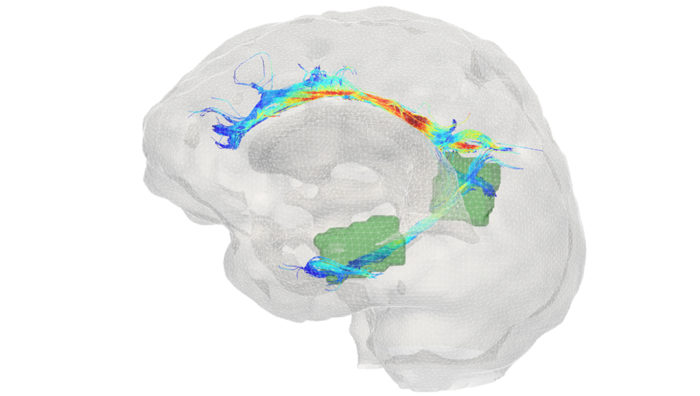
By looking specifically at an area of the brain responsible for remembering past personal experiences, the research team was able to show specific changes even during the earliest phases of memory loss in patients.






